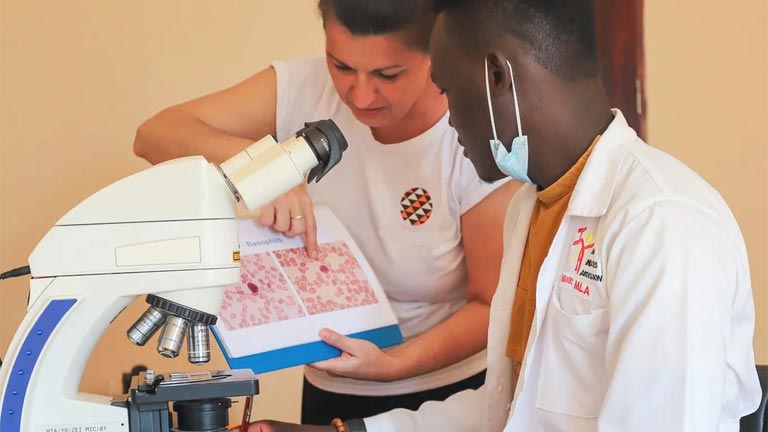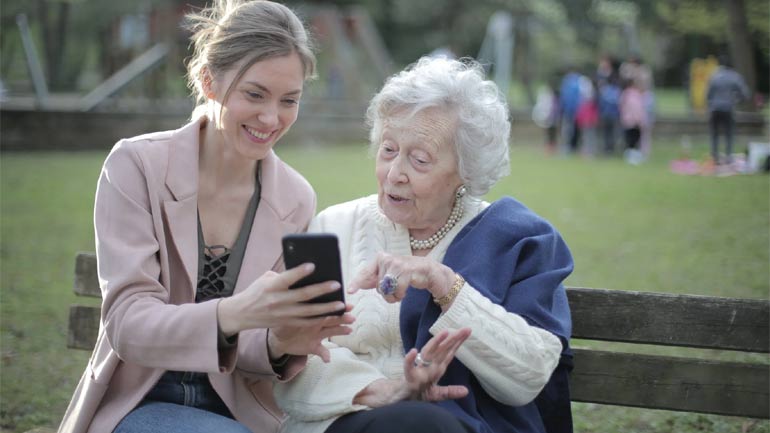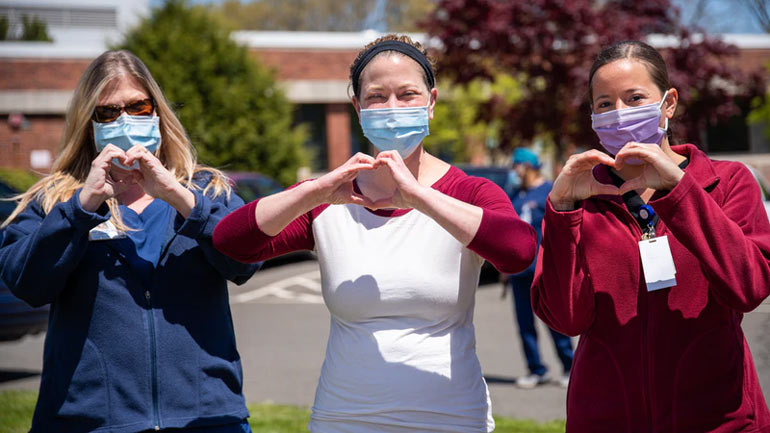
One of the best ways to get advice from people with a similar illness is to join a sickle cell support group online. There are numerous groups to choose from, so take your time and look through the options to find one that is right for you.
Telementoring
Telementoring is an innovative, virtual approach to health care. It combines sickle cell disease experts and community-based healthcare providers for interactive sessions. These sessions are held via video technology and feature didactic and case-based presentations. Ultimately, they aim to improve patient outcomes and provide better access to care. Using the project, healthcare providers are trained to deliver evidence-based care to pediatric patients with SCD. The monthly telementoring clinics involve a variety of case-based presentations and didactics. They are designed to educate PCPs about the National Heart, Lung, and Blood Institute’s evidence-based guidelines for sickle cell. Using the telementoring approach, patients receive individualized and personalized care. In addition, participants can request on-demand consultative services from hematologists. The telementoring approach has become a successful educational strategy. It effectively connects providers with field experts and enhances their knowledge of best practices for managing SCD. While there are several methods of treating and managing SCD, the American Society of Hematology recently released guidelines for hematology professionals that reflect the latest research on the disease.
Find a group in your area
Sickle cells are abnormal red blood cells that block blood flow to different body parts. These blockages can cause pain and a range of symptoms. It can also lead to problems with organs such as the eyes, lungs, and kidneys. There are various different types of sickle cell disease. The most common form is sickle cell anemia. While this condition does not usually require treatment, seeing a hematologist at least once a year is essential to ensure your organs function correctly. Patients can take preventative antibiotics to reduce the symptoms of the disease. Other treatments include pain medication and hydroxyurea. Many children with sickle cell disease have other co-occurring conditions. In such cases, they may need to receive pediatric care from a specialist. Children with the disorder are also eligible for scholarships to make college affordable. Sickle cell support groups online allow patients and families to share their experiences and learn about different ways to deal with the disease. This will enable them to be more proactive and develop coping mechanisms. There are also advocacy organizations that help people living with sickle cell. Some are based in the same state as you, while others are based in other states. You can find these organizations via the web or by talking with your hematologist. Support groups for sickle cell are a great way to meet others who share your experience. Joining a group can help you develop coping techniques, gain emotional support, and build a sense of community. You can also find a support group if you are a parent of a child with sickle cell. Parents and siblings of a sickle cell child can attend events, such as camp, to support each other.
Advance directives
Advance directives for sickle cell patients are different for some patients. They differ according to region, religion, and culture. In general, they provide a way for people to express their wishes for medical care if they cannot decide for themselves. People need to have a comprehensive medical plan. This may include a personal advance care plan and a durable power of attorney for health care. It would be best if you also talked to your doctor and family about your wishes. An advance directive is a legal document that allows you to express your treatment preferences if you cannot speak for yourself. It also gives your doctor information on your medical condition. People who have completed an advance directive will often feel more confident about their medical treatment. Advance directives for sickle cell patients are designed to guide your healthcare team. For example, if you want to receive IVs, you can state that in your advance directive. Or, if you prefer not to accept a feeding tube, you can state that in your advance directive. Creating an advance directive is important for everyone. However, it is essential for people with terminal illnesses. The decision-making process for patients with advanced-care conditions is often complicated. Many lose their autonomy. Using an advance directive can prevent clinicians from violating their patient’s wishes. Some states have laws that govern the use of advance directives.
These laws vary from state to state, and you should consult with your state’s law to determine what is appropriate. If you are unsure, you can always contact your Department of health social work or pastor care for information. If you are a sickle cell patient, you can get help to create your advance directive from a local community agency. Community advocates can also connect you with resources for your basic needs. A sickle cell clinic social worker can also help you complete your advance directive. Advance directives are an essential part of patient-centered care. All patients have the right to make their wishes known.




